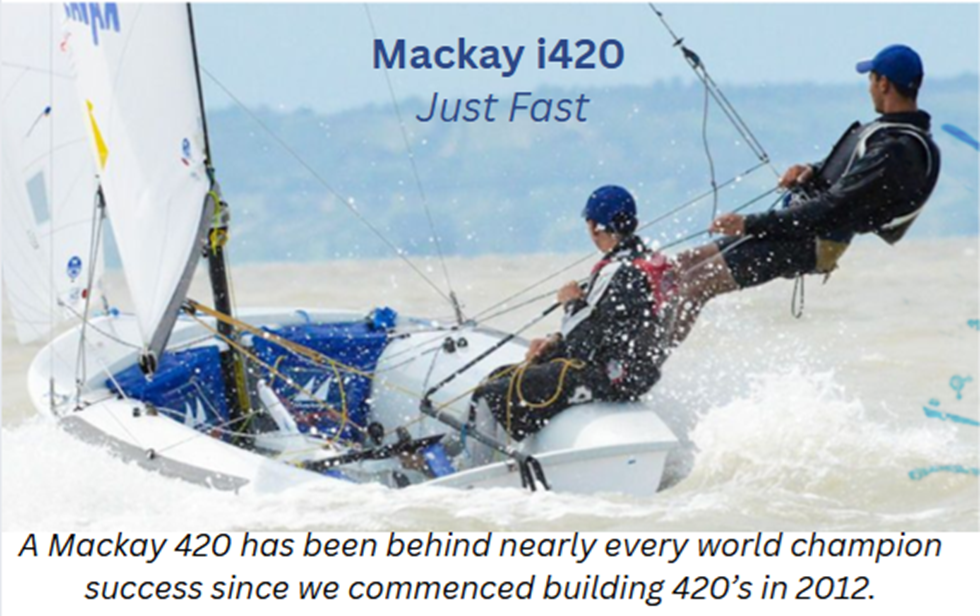It was a slow start in light winds for the first day of racing at the Dinghy Championship.
Cascade Locks, OR (May 30, 2011) – Today was the first day of the Gill/ICSA Dinghy National Championship where 18 teams from across the nation have qualified to compete in Cascade Locks, OR for the Henry A. Morse Trophy. Gill North America is a title sponsor of the event with the ICSA; it is hosted by the Columbia Gorge Racing Association and the Northwest Intercollegiate Sailing Association. The teams arrived to the sailing venue on the Columbia River Gorge to fairly light winds around 6 knots and the wind continued to fluctuate throughout the day with a few postponements until the wind finally filled in the evening from a westerly direction at around 10 knots. A-division completed four races and B-division completed…races on a Windward/Leeward course four and five times around.
The racing got started in light steady winds for the first two A-division races. Teams were looking to the right side of the course to stay in the current that would help to push them up the course on the upwind legs. Yale University and Boston College started their day off strong in A-division finishing the first set in first and second. Right behind them were Hobart and William Smith Colleges and Georgetown University. Once B-division came on the water for their set, the wind had died down and the boats were barely moving on the course. This caused the race committee to postpone the racing until enough breeze filled in to continue to have fair races.
B-division waited on shore for three hours until the wind finally picked up enough to send the fleet back out to the course. The races were competitive and close with the fleet pretty compact at times and boats finishing very close together. Hobart and William Smith’s B-division sailed well getting two firsts in their set followed closely by Harvard University and Boston College. Once B-division completed their set the wind died down again and the racing was postponed for another hour.
By 5:30 p.m. A-division was back on the water starting their third race of the day in about 10 knots of westerly breeze. In the second race the wind died down around 6 knots challenging the sailors’ patience. Roger Williams University, coming down from their high of just winning the APS/ICSA Team Race Nationals, started to show up with the leaders on the racecourse. They finished third in race 4A behind Hobart William Smith and St. Mary’s College of Maryland. B-division went out on the water, but the wind would not cooperate, “It was similar to the Women’s event earlier this week where the wind just stayed really light—we didn’t have any rain today, though,” Kyle Eaton, the regatta chairman explained.
In the last sets of the day the wind petered out, but the racing stayed close. Hobart and William Smith kept their focus despite the late hours of racing and finished the day on the top of the leader board. It is still very early in the regatta and there is a lot more racing to go, “I hope that Dave [Thompson ‘11] and Sam [Blouin ‘12] continue their good work…We have had a great start to the regatta,” Scott Ikle, head coach for Hobart and William Smith, proudly states. Ikle continues, “The conditions today were truly challenging, no wind and a lot of current. It made for very long tedious runs.” Lets hope for better conditions tomorrow and a lot more races.
Some of the competitors who have competed in the previous two National Championship events are accustomed to the conditions the Gorge has been presenting over the last week, where the wind and weather are not very predictable so keeping focus on and off the water becomes an important part of success. Racing is scheduled to begin tomorrow at 10 a.m. for the second day of the Gill/ICSA Dinghy National Championship. Visit the event website for full results, live coverage and more information.
Nationals Website: 2011nationals.collegesailing.info
Video coverage of the racing and interviews with sailors are available on Sailgroove.
View more photos of the event at GTS Photos: www.gtsphotos.com
The Inter-Collegiate Sailing Association (ICSA) is the governing authority for sailing competition at colleges and universities throughout the United States and in some parts of Canada. Visit www.collegesailing.org to learn more. The ICSA National Championships are sponsored by Sperry Top-Sider (www.sperrytopsider.com), Annapolis Performance Sailing (www.apsltd.com), Gill North America (www.gillna.com)



